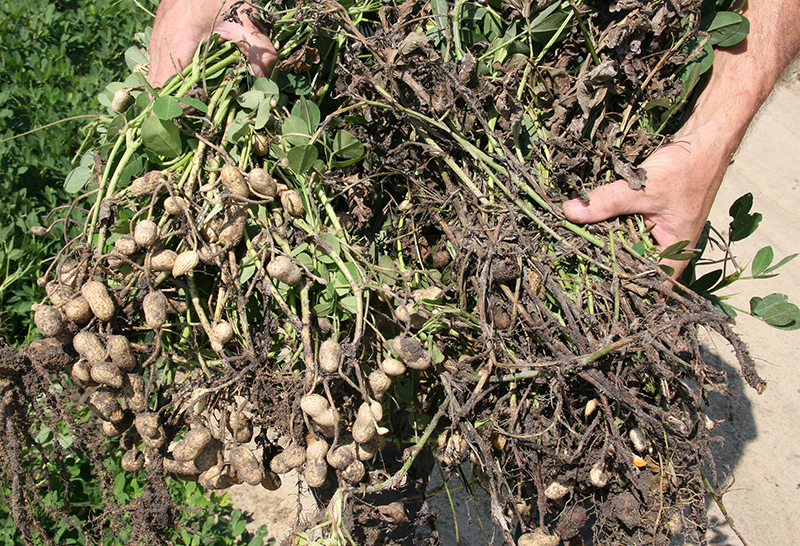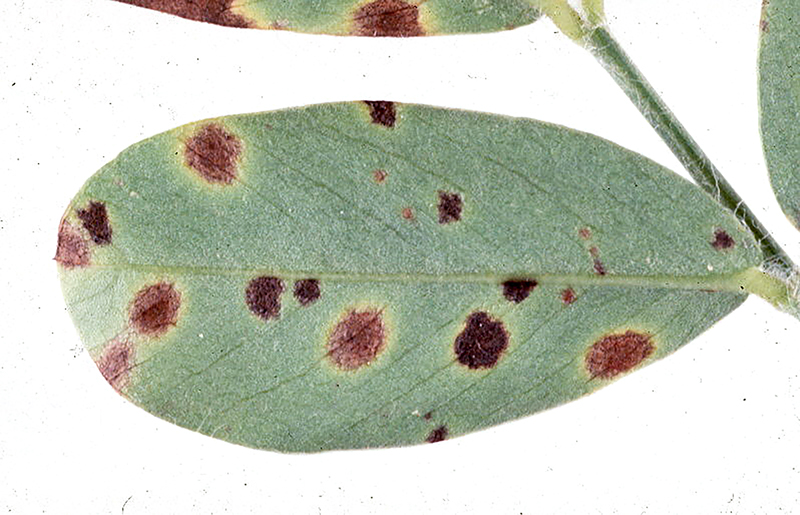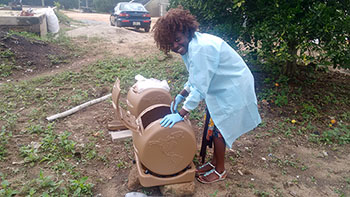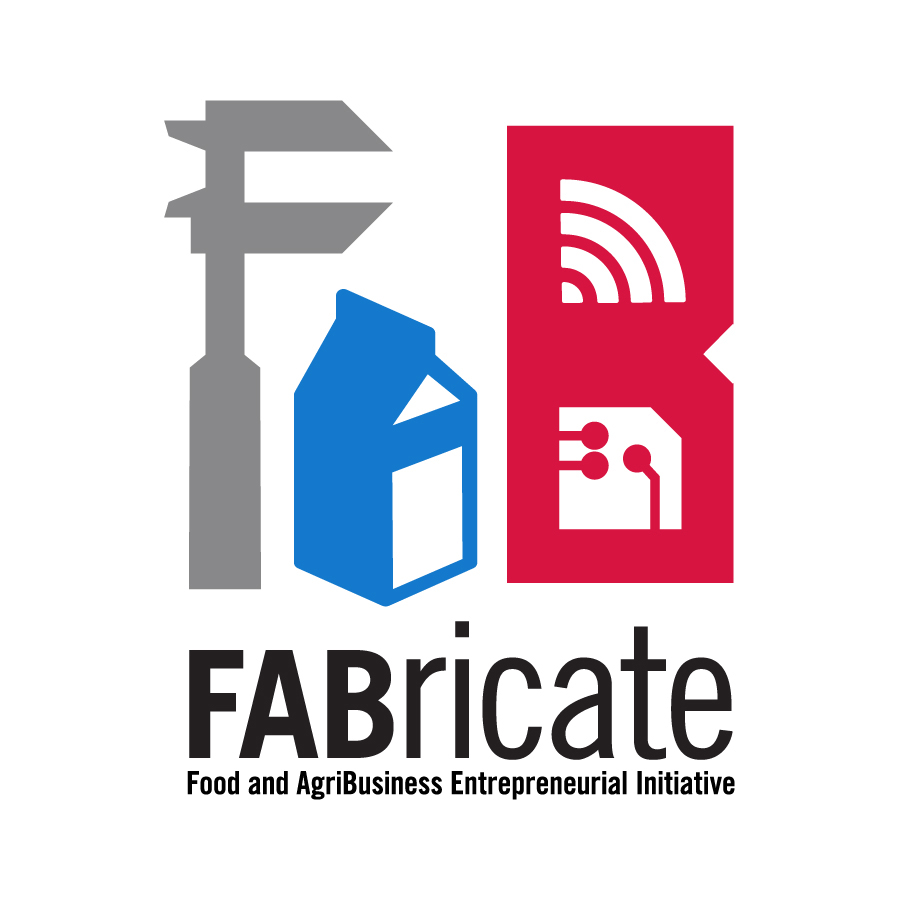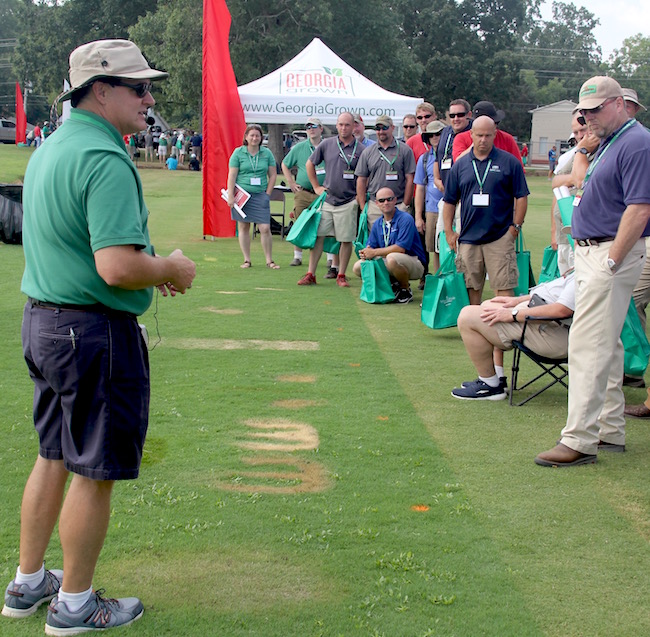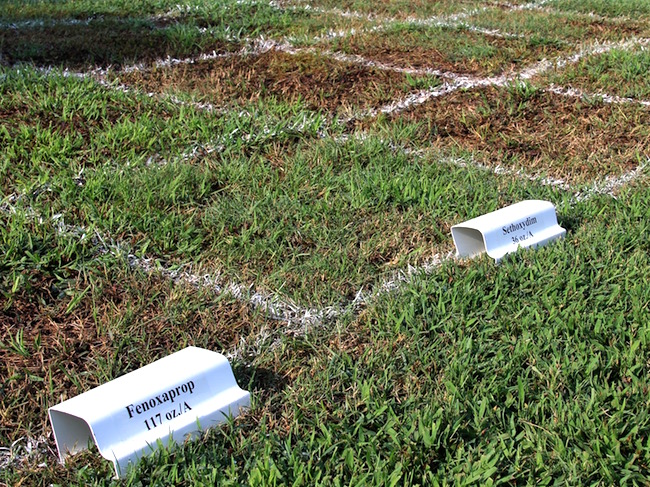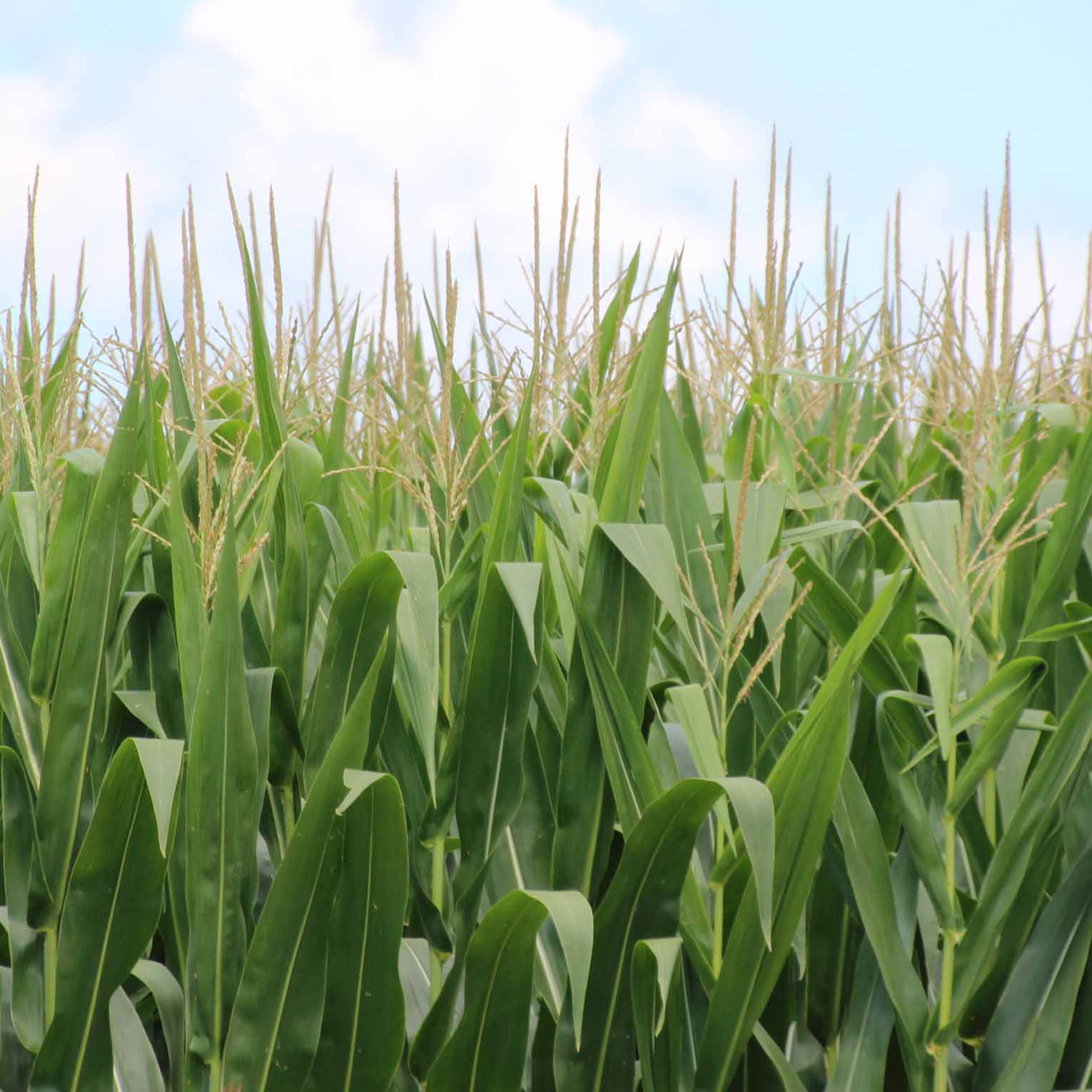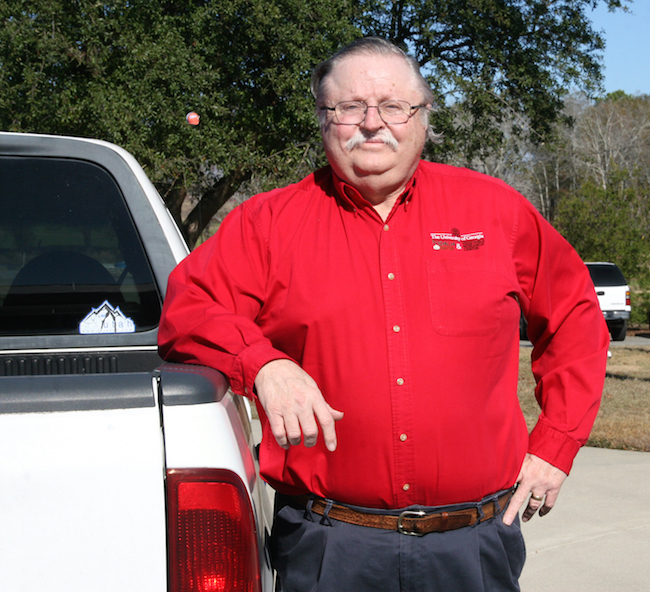 CAES News
CAES News
Onion HOF
Ron Gitaitis, a plant pathologist with the University of Georgia College of Agricultural and Environmental Sciences, was inducted into the Vidalia Onion Hall of Fame by the Vidalia Onion Committee at the committee’s annual awards banquet, held on Feb. 4 at the Vidalia Community Center in Vidalia, Georgia.

